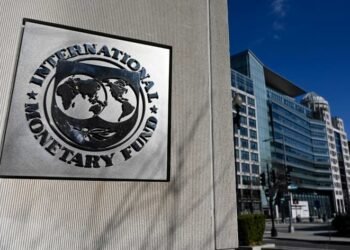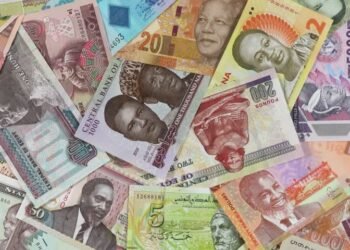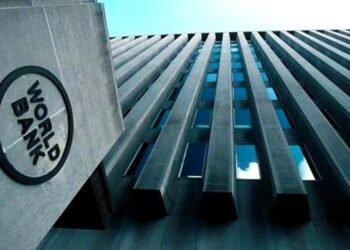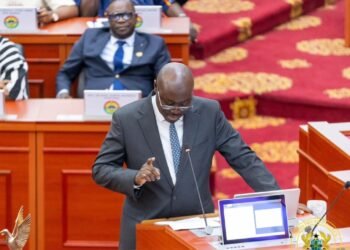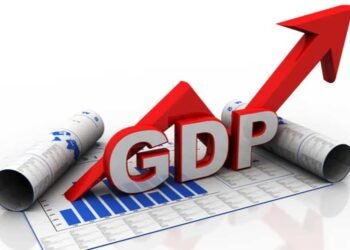Mr. Kofi Korle, a Chartered Economist and Lecturer at the Central University College, has bemoaned the timing of the government’s engagement with the International Monetary Fund (IMF) for economic support to address balance of payments challenges.
According to him, the government should have eaten the humble pie earlier by going to the Fund for support at the beginning of the year instead of waiting for things to deteriorate to such an extent before making a U-turn to seek a bailout.
Speaking to the Vaultz News, Mr. Kofi Korle said “this issue appears to be dicey. For me, the decision to go to the IMF is okay given the unstable macroeconomic environment in the economy which is clearly beyond control”.

He, again, indicated that the effects of the ongoing global economic and geopolitical shocks are not expected to normalize in the short term. Therefore, government does not want to risk in placing hopes on a turnaround of global events as well as an improvement in its own domestic initiatives such as the e-levy revenue mobilization – hence its decision to engage with the IMF, he explained.
“However, the timing of this decision is pretty bad. Poor projections and forecasts on the part of the managers of the economy is to blame. If this decision had been done earlier, say in January, it could have averted the high inflation and rapid depreciation of the cedi.
“It would also improve the country’s credit ratings and minimized the balance of payment challenges. The essence of going to the IMF is to restore macroeconomic balance by addressing these problems (inflation, currency depreciation, balance of payment deficit and debt crises). It could have been more beneficial to have sought IMF support earlier than to wait until things went out of control”.
Kofi Korle
Speaking on the consequences of engaging the IMF for economic support, the Chartered Economist and Lecturer at the Central University College, admitted that “Yes, there will surely be tradeoffs”.
“Some government programs will have to make way for The Fund’s program to be implemented. Freeze on public sector employment will be one most likely means to cut spending. Other expenditure cuts in government services such as education and health are also possible”.
Kofi Korle
Mr. Kofi Korle joined other Economists and Experts who are in favor of the government’s decision to engage the Fund. Earlier, Professor Peter Quartey said the move by government will gradually bring back investor confidence into Ghana’s economy.
According to the Director of the Institute of Statistical, Social and Economic Research (ISSER), going to the IMF will send a signal to investors that Ghana will follow strict fiscal measures to attain economic growth. However, OccupyGhana believes the decision leaves a bitter taste in the mouth of Ghanaians.
President calls for formal engagement with IMF
On July 1, 2022, President Akufo-Addo directed the Finance Minister, Ken Ofori-Atta, to begin formal engagements with the International Monetary Fund for an economic support.
A statement signed by the Information Minister, Kojo Oppong Nkrumah, indicated that there had already been a conversation between the IMF boss, Kristalina Georgieva, and President Akufo-Addo on government’s decision to engage the Fund.
Cabinet at a meeting on June 30, 2022, supported government’s decision to pursue an economic programme from the Fund, the statement indicated.
The engagement with the IMF, according to the statement, will seek to provide a balance of payment support as part of a broader effort to quicken Ghana’s build back in the face of challenges induced by the COVID-19 pandemic and recently, the Russian-Ukraine crisis. The engagement with the Fund by Ghanaian authorities, began on July 6, 2022.
READ ALSO: Public Sector Workers Union Urges Government To Cushion Workers




